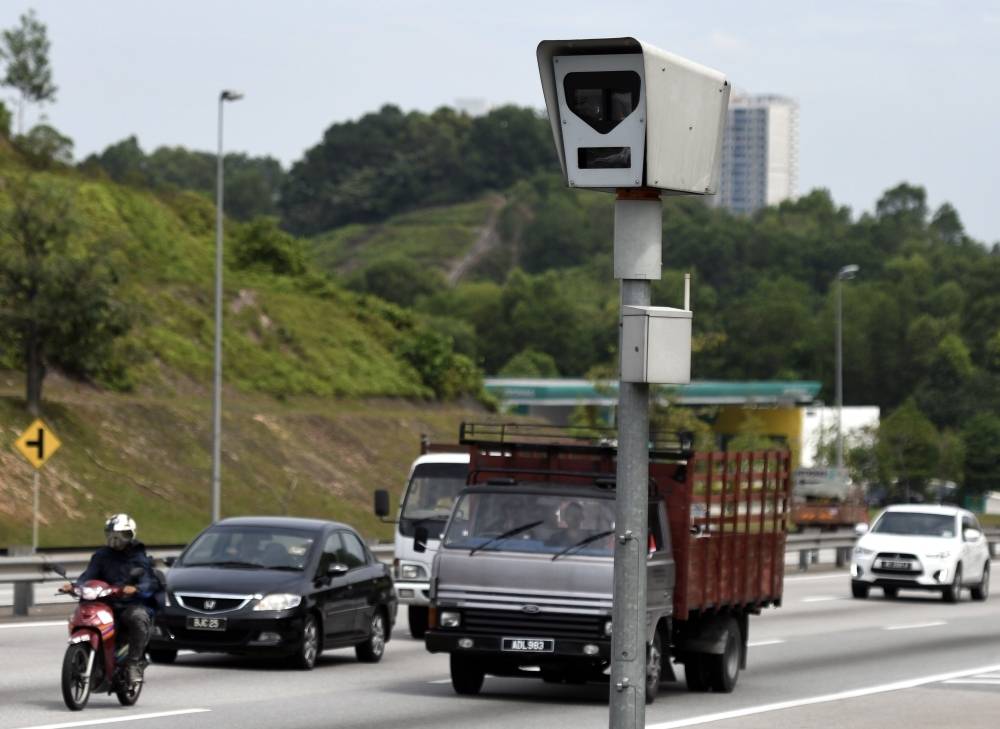'New AES cameras near Menora Tunnel aim to reduce accidents'
Government takes action to reduce speeding near Menora Tunnel

TAIPING - The Road Transport Department’s (RTD) decision to install Automated Enforcement System (AES) cameras in accident-prone areas near the Menora Tunnel in Kuala Kangsar is a comprehensive measure to reduce road accident rates.
State Infrastructure, Energy, Water, and Public Transport Committee chairman, Datuk Seri Mohammad Nizar Jamaluddin, stated that this enforcement is also intended to ensure that drivers adhere to the speed limits in high-accident prone areas.
"Before the installation of AES cameras in both directions after the Menora Tunnel, studies conducted by relevant agencies, including PLUS, determined that the most suitable speed limit for these hotspots is 80 km/h.
"This speed limit is considered safe to reduce the risk of accidents caused by non-compliance with road regulations, particularly speeding," he said at a press conference today.
He was speaking to reporters after the closing ceremony of the Pidato Selamat Anak Malaysia programme in conjunction with the Perak state-level 2024 National Day Celebration, organised by the Perak Road Safety Council (MKJR) at Sekolah Menengah Kebangsaan Doktor Burhanuddin.
Mohammad Nizar, who is also MKJR chairman, dismissed the perception held by some that the placement of AES cameras near the Menora Tunnel is solely a revenue-generating measure by the government.
"We aim to reduce the speed of heavy vehicles because we do not want accidents to occur due to unrestricted speed. By lowering the speed limit in these critical areas, we can mitigate that risk.
"Speed is one of the main factors contributing to accidents, and we want to see a reduction in speeding in these areas," he said.
Meanwhile, Perak RTD director Mohammad Yusoff Abustan clarified that areas earmarked for AES cameras have undergone a thorough study before installation.
"We don't just randomly place cameras; it has to go through specific processes before we gazette the agreed speed limit based on the findings of the study.
"We can't arbitrarily lower or raise speed limits. We hope the installation of these cameras will ensure that drivers comply with the established speed limits and traffic signals," he added. - BERNAMA









